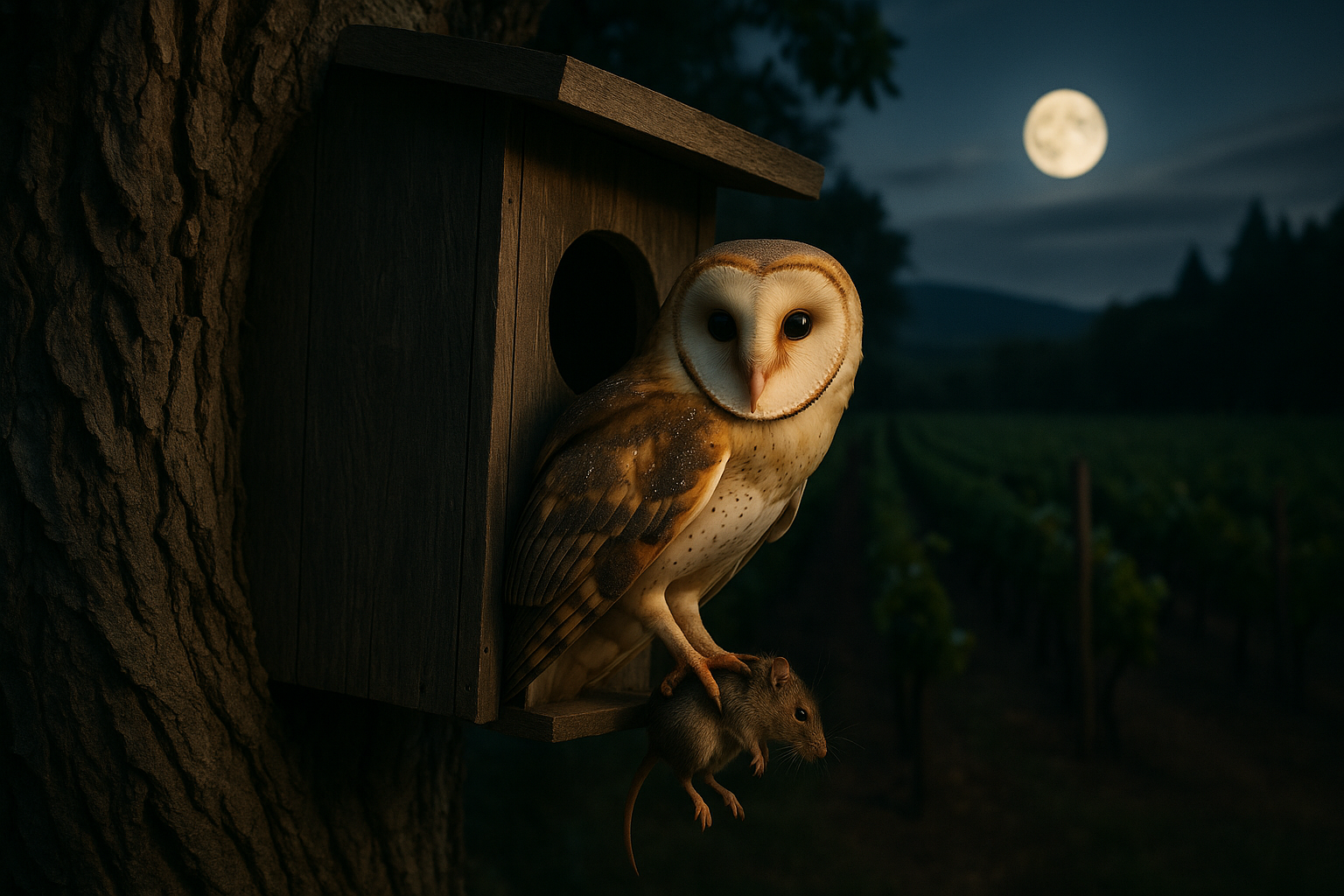The Silent Guardians: Owls as Natural Pest Control
Owls, the mysterious nocturnal predators, have long been regarded with fascination and awe. But, aside from being beautifully captivating creatures, owls play a vital role in our ecosystem as an organic pest control. Let's delve into the historical context, the significance, and the current developments surrounding the subject.

The Historical Context: Owls and Agriculture
Historically, owls and humans have had an intriguing relationship. Owls were often seen as omens or mystical creatures in many cultures. However, over time, humans have recognized owls’ contribution to controlling pests, especially in agricultural communities. Farmers noticed a decrease in rodent populations in areas where owls were present, and thus, the relationship between agriculture and these nocturnal predators began to form.
Owls: The Pest Control Experts
Owls are master hunters equipped with sharp talons, keen eyesight, and precise hearing. They are nature’s pest control experts, preying on various small mammals, insects, and other pests. Among their favorite meals are rodents, which often pose a significant threat to agricultural crops and granaries. An adult owl can consume about 1,000 rodents a year, making them a valuable asset for farmers.
Current Developments: Owl Boxes and Conservation Efforts
Recognizing the value that owls provide, many farmers and agricultural communities have started implementing owl boxes - artificial homes to attract more owls for natural pest control. This practice is particularly prevalent in vineyards where owls help control the population of voles and gophers, which can cause extensive damage to the vines’ root system.
On a broader scale, conservation efforts are being made to protect owls and their habitats. The loss of natural habitats due to urban development poses a significant threat to owl populations. By protecting these habitats and promoting the use of owl boxes, we can help ensure the survival of these amazing creatures while simultaneously benefiting from their pest control abilities.
The Impact: Owls vs. Chemical Pest Control
The use of owls as natural pest control has a significant market impact, as it offers a sustainable and eco-friendly alternative to chemical pesticides. Chemical pesticides can have detrimental effects on the environment, polluting water sources, and killing off non-target species. They can also be costly for farmers. In contrast, encouraging owl populations provides an economical and environmentally friendly solution to pest problems.
In conclusion, owls are not just silent guardians of the night; they are protectors of our crops, saviors of our environment, and an awe-inspiring part of our natural world. As we continue to understand and appreciate their role, we can hope for a future where both humans and owls can thrive together.




